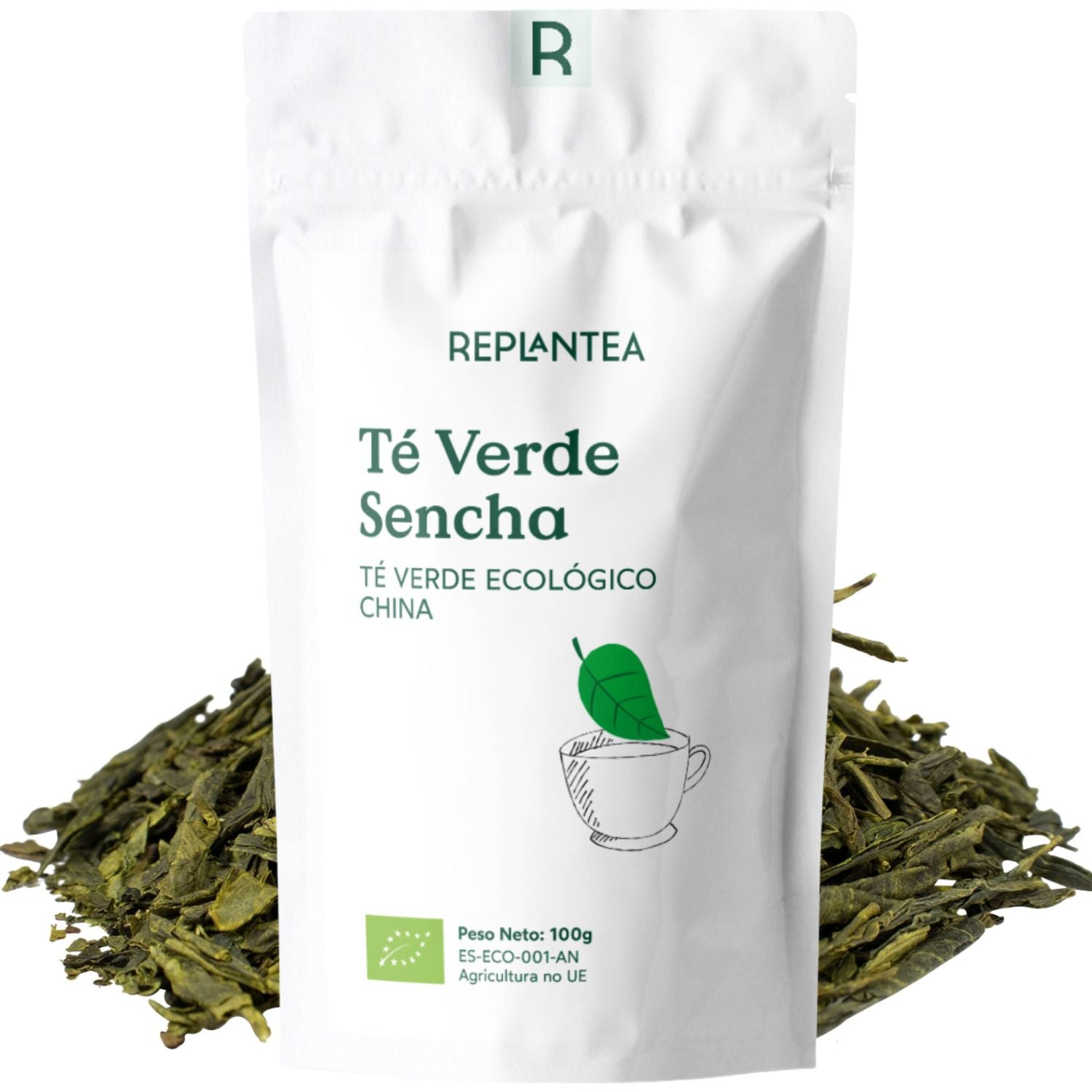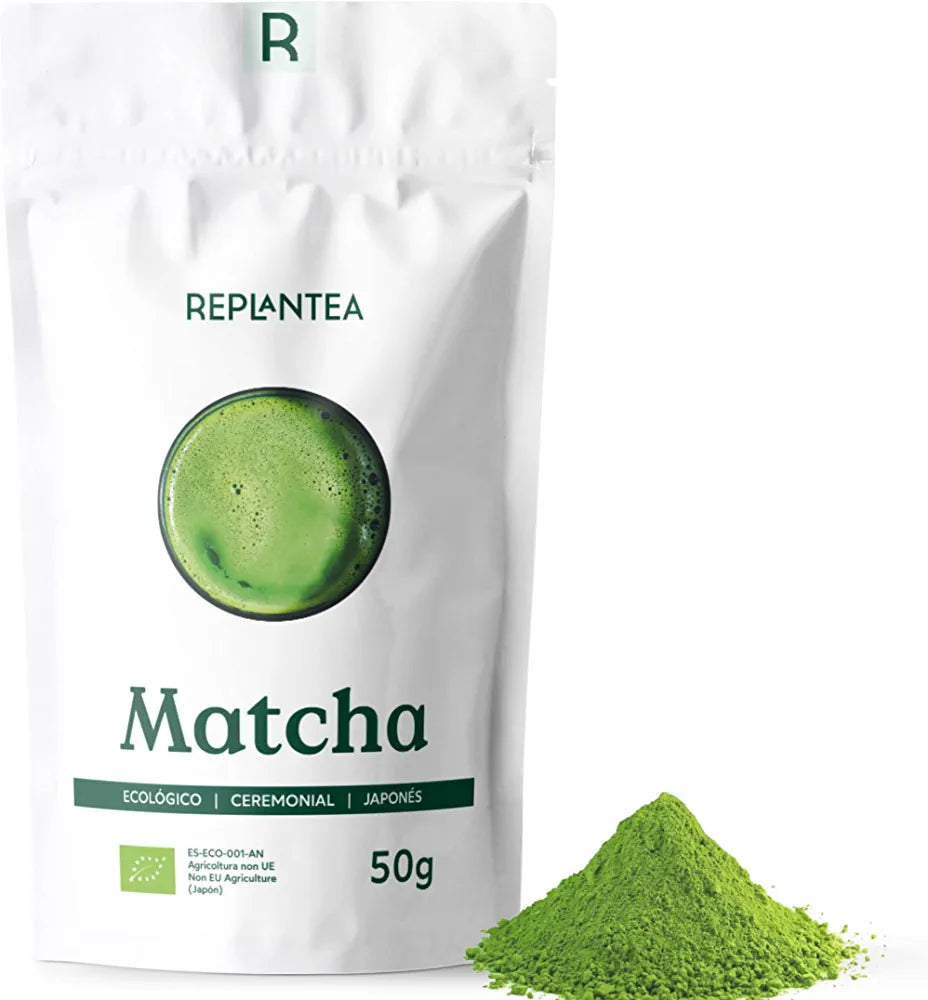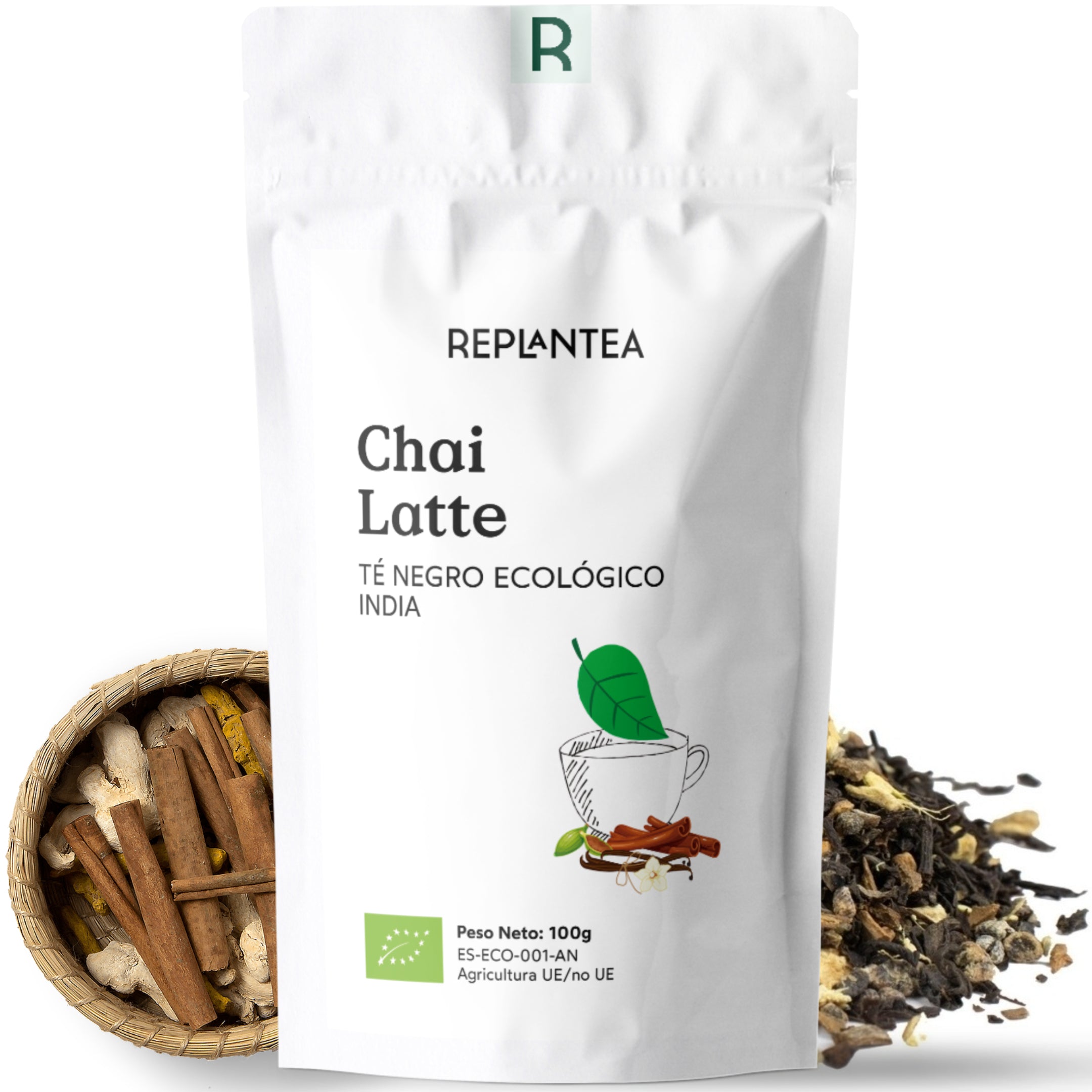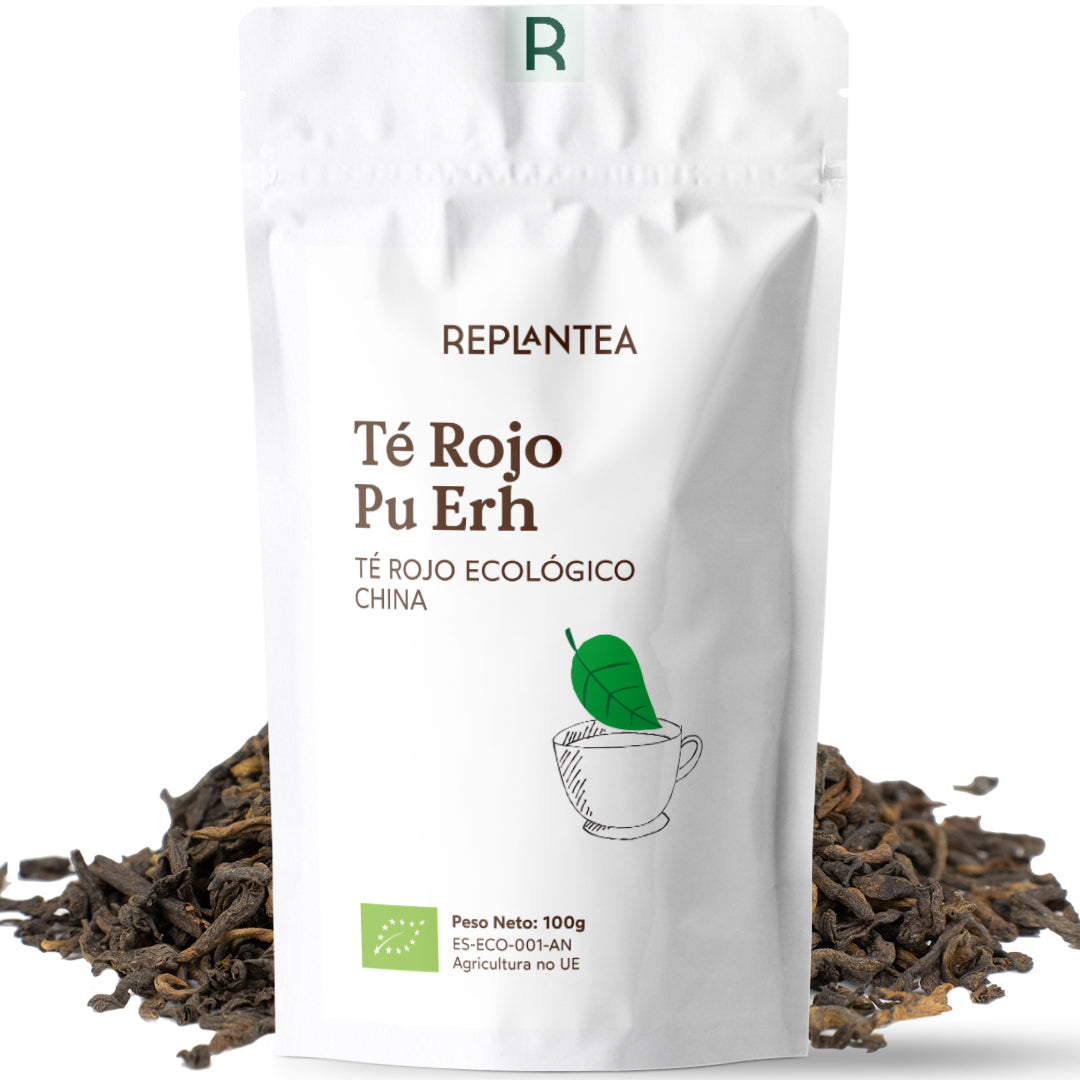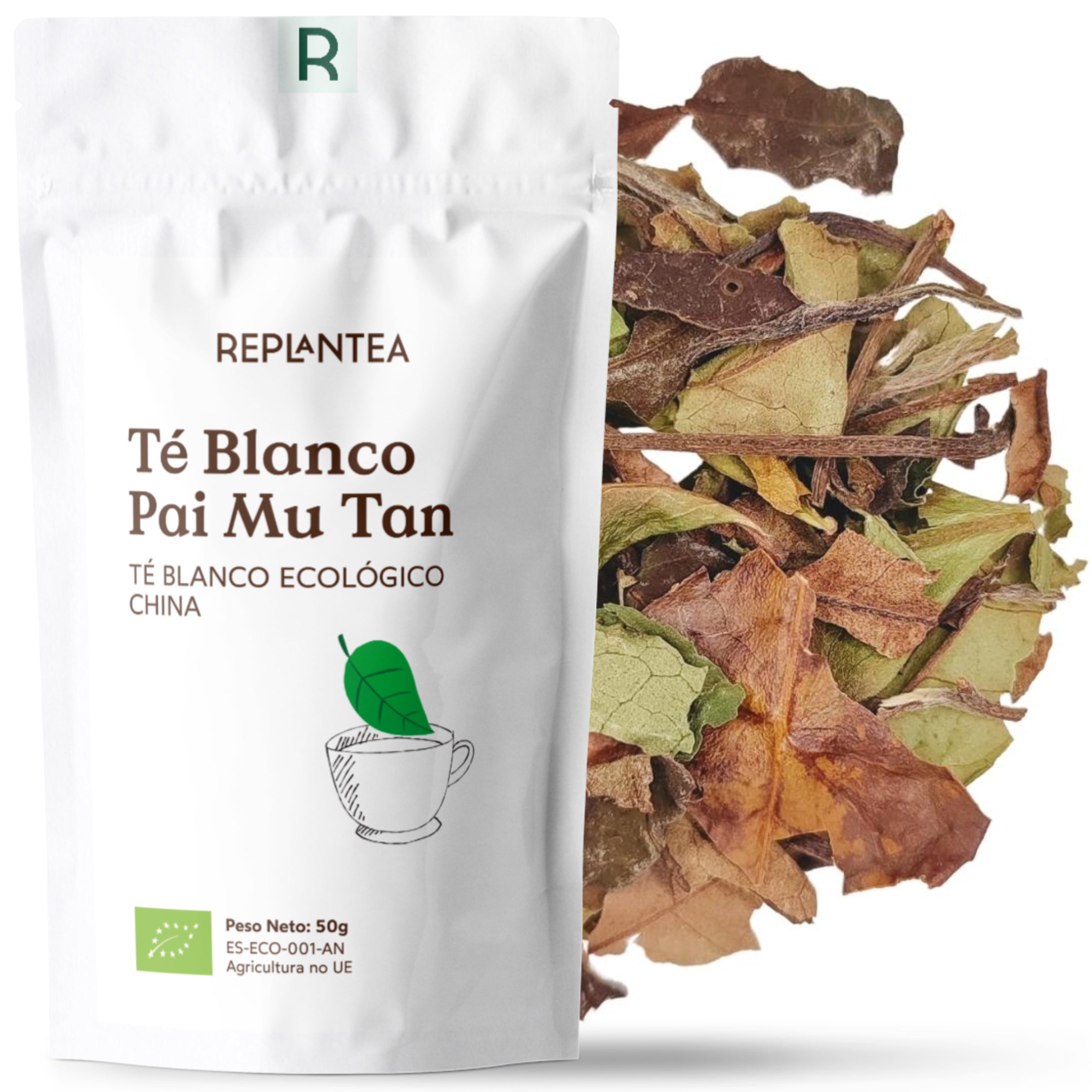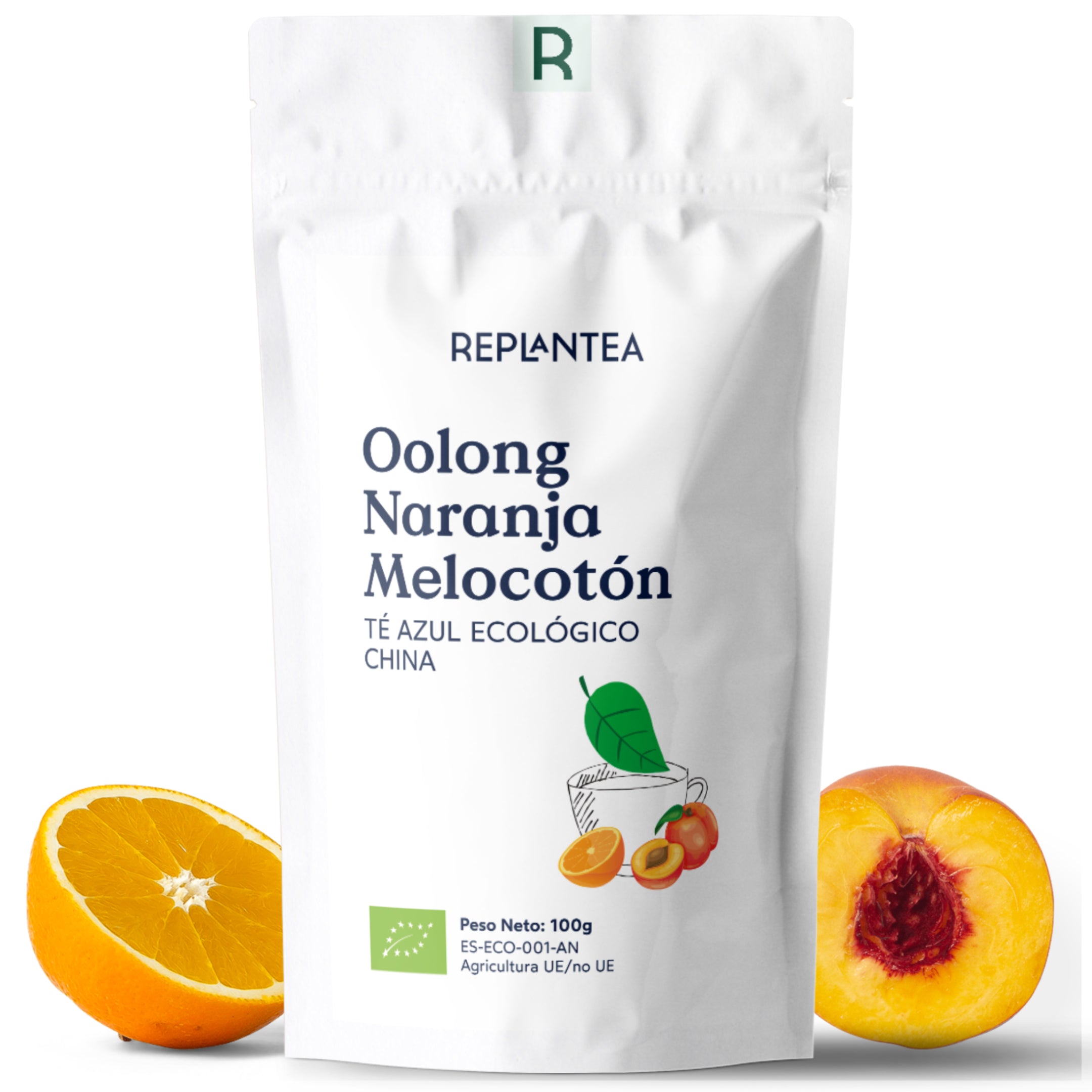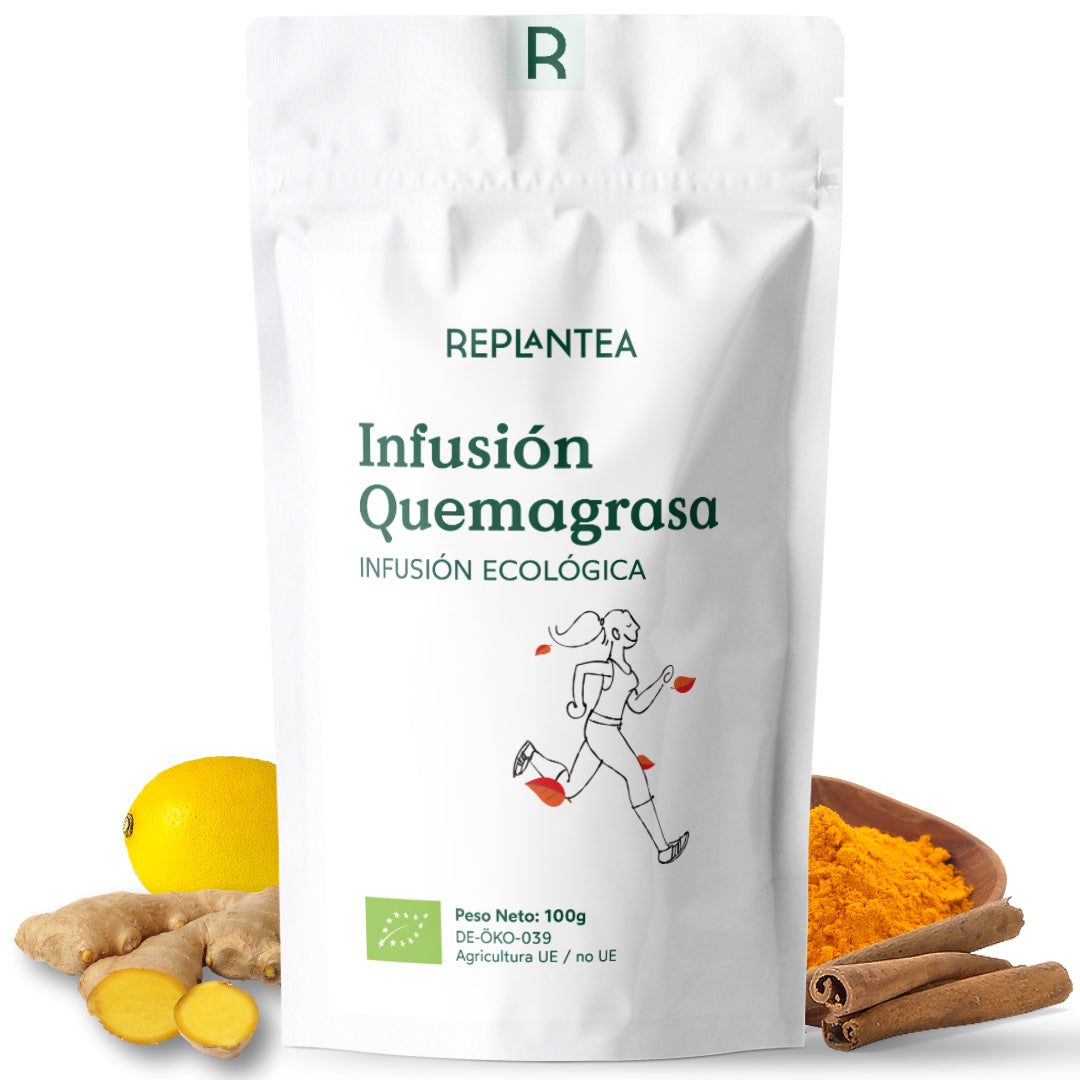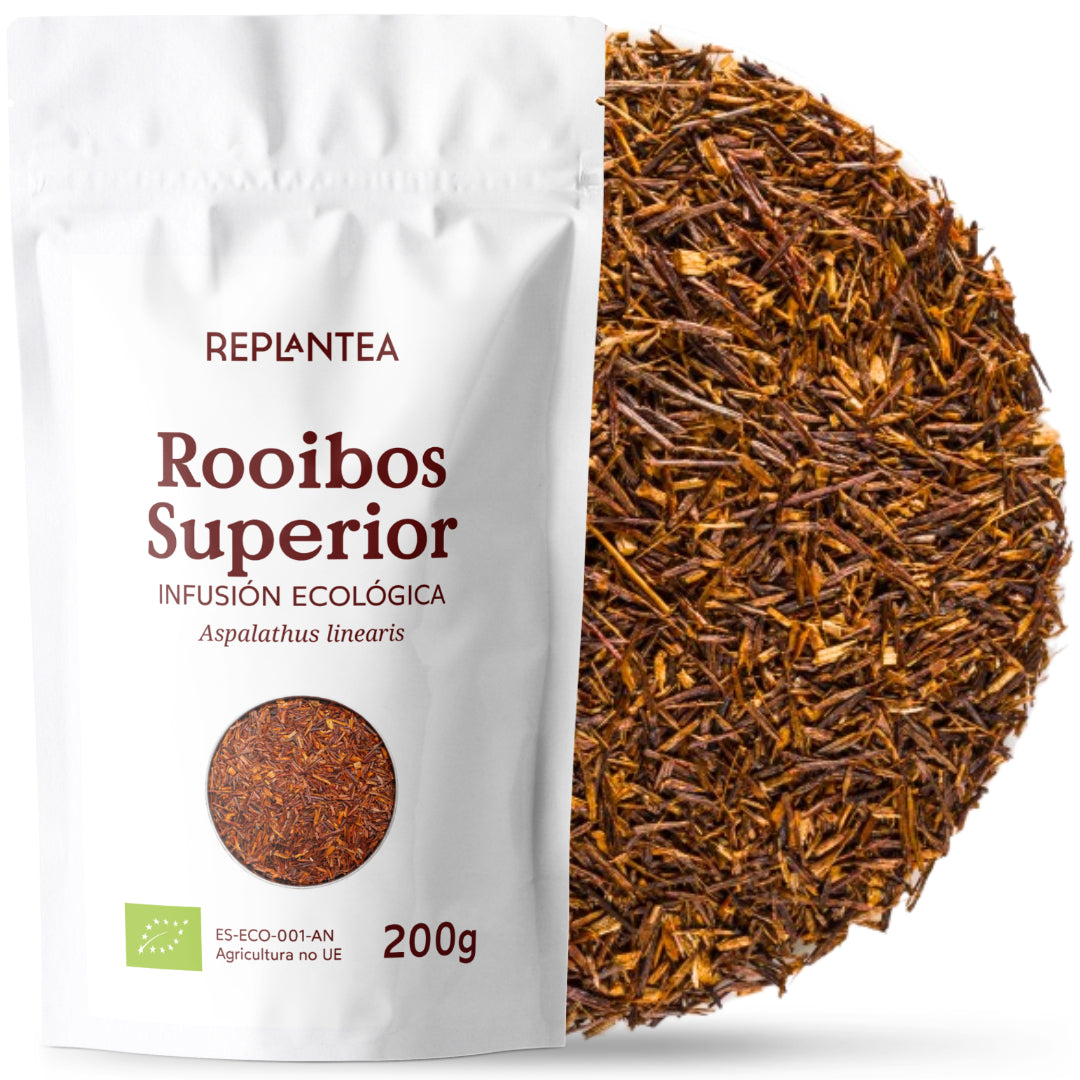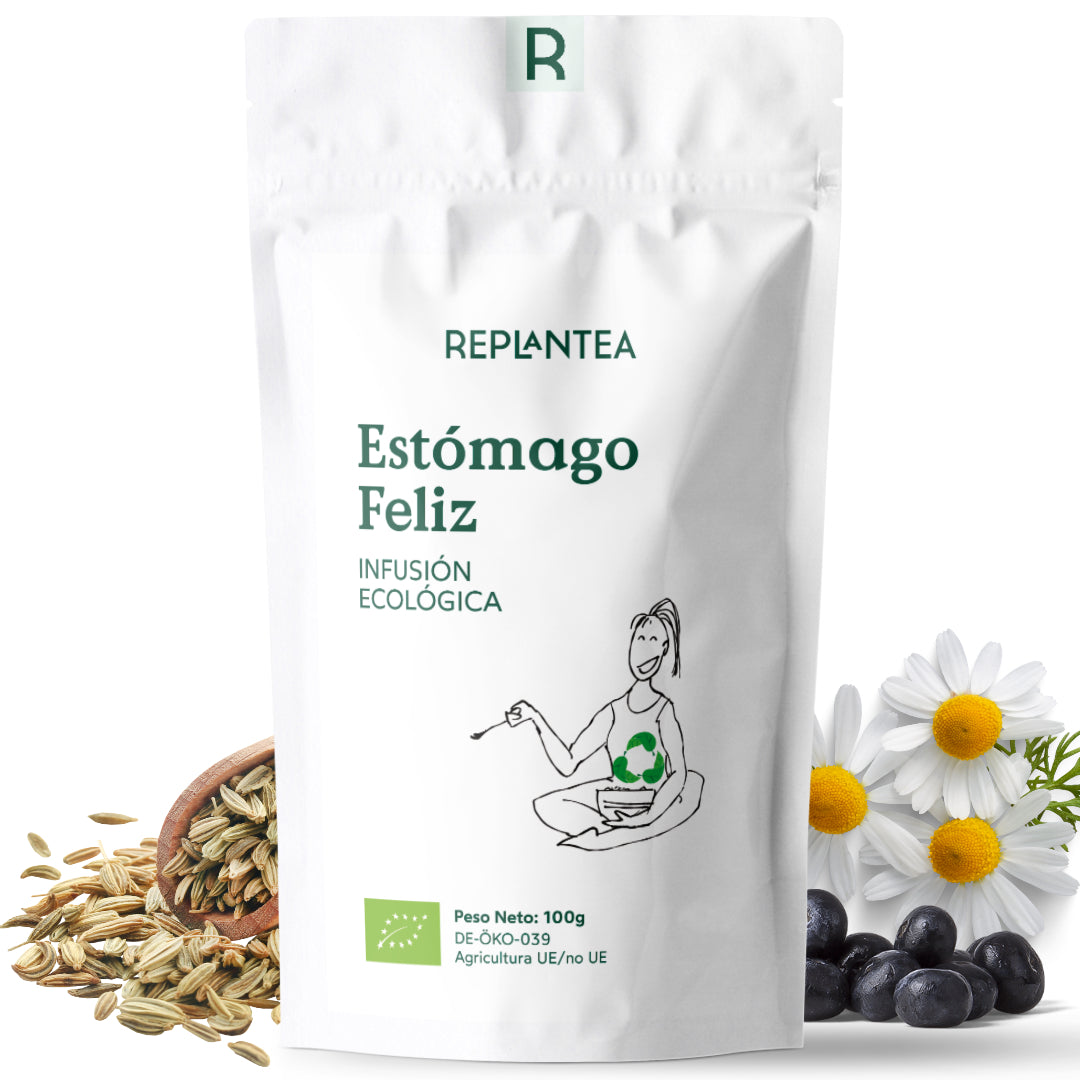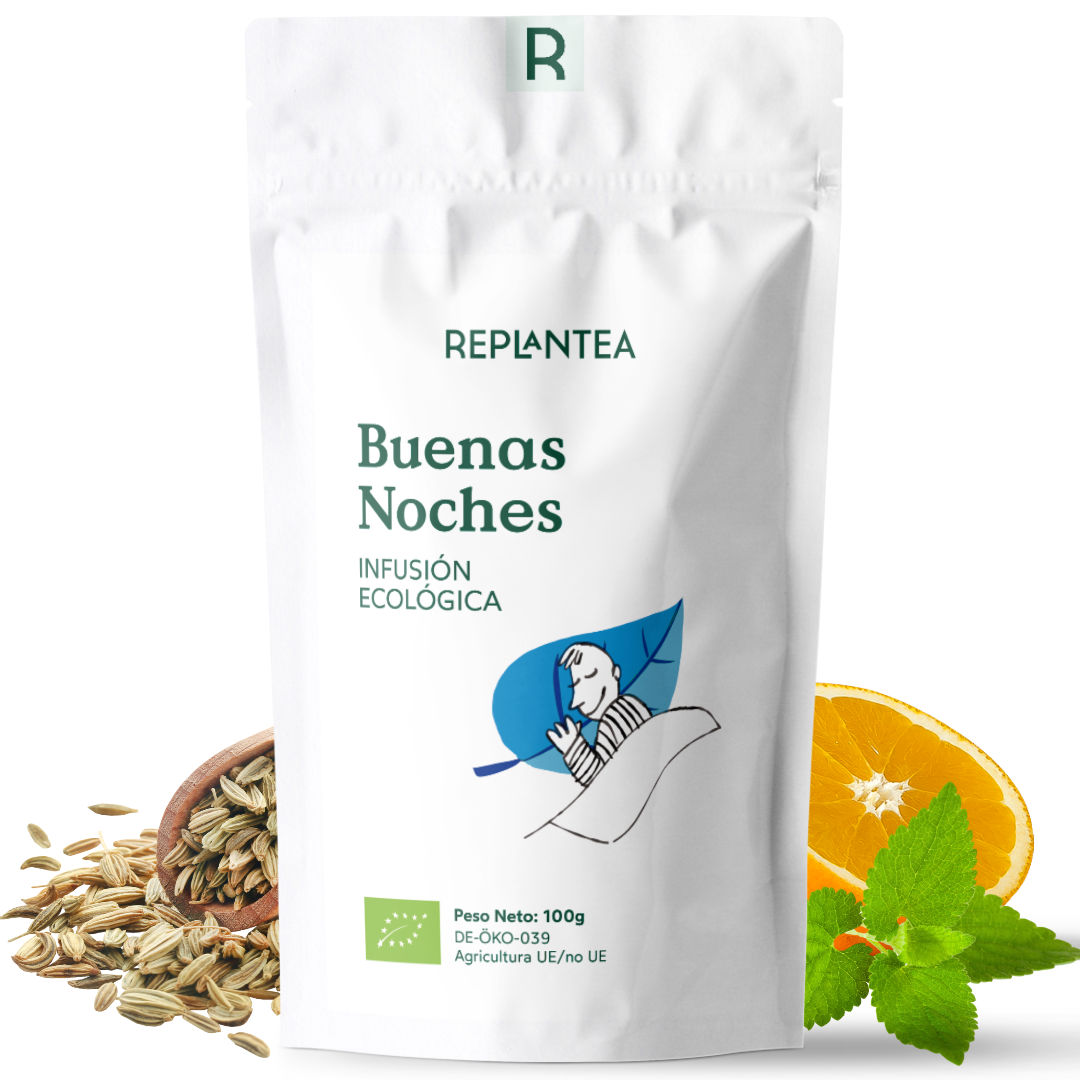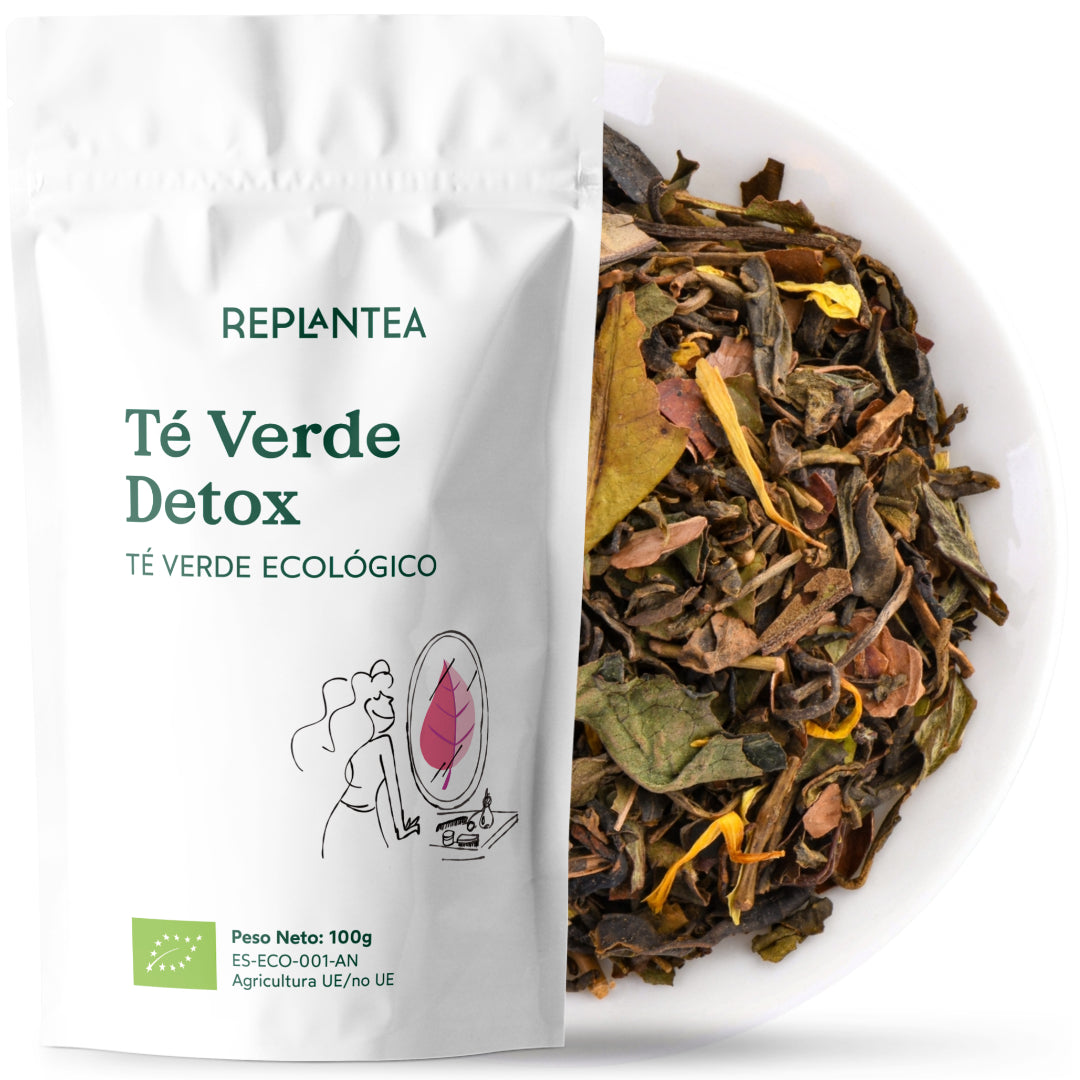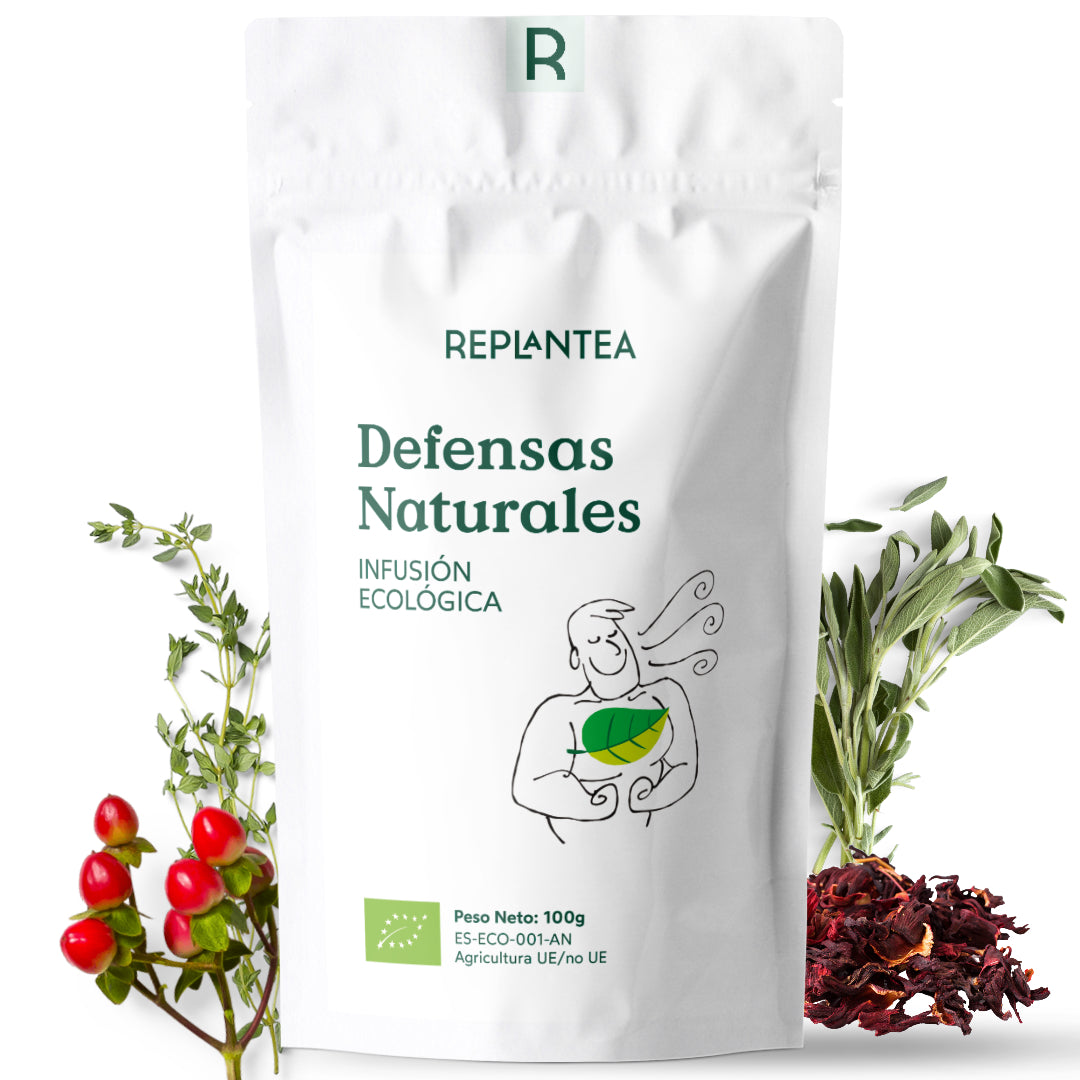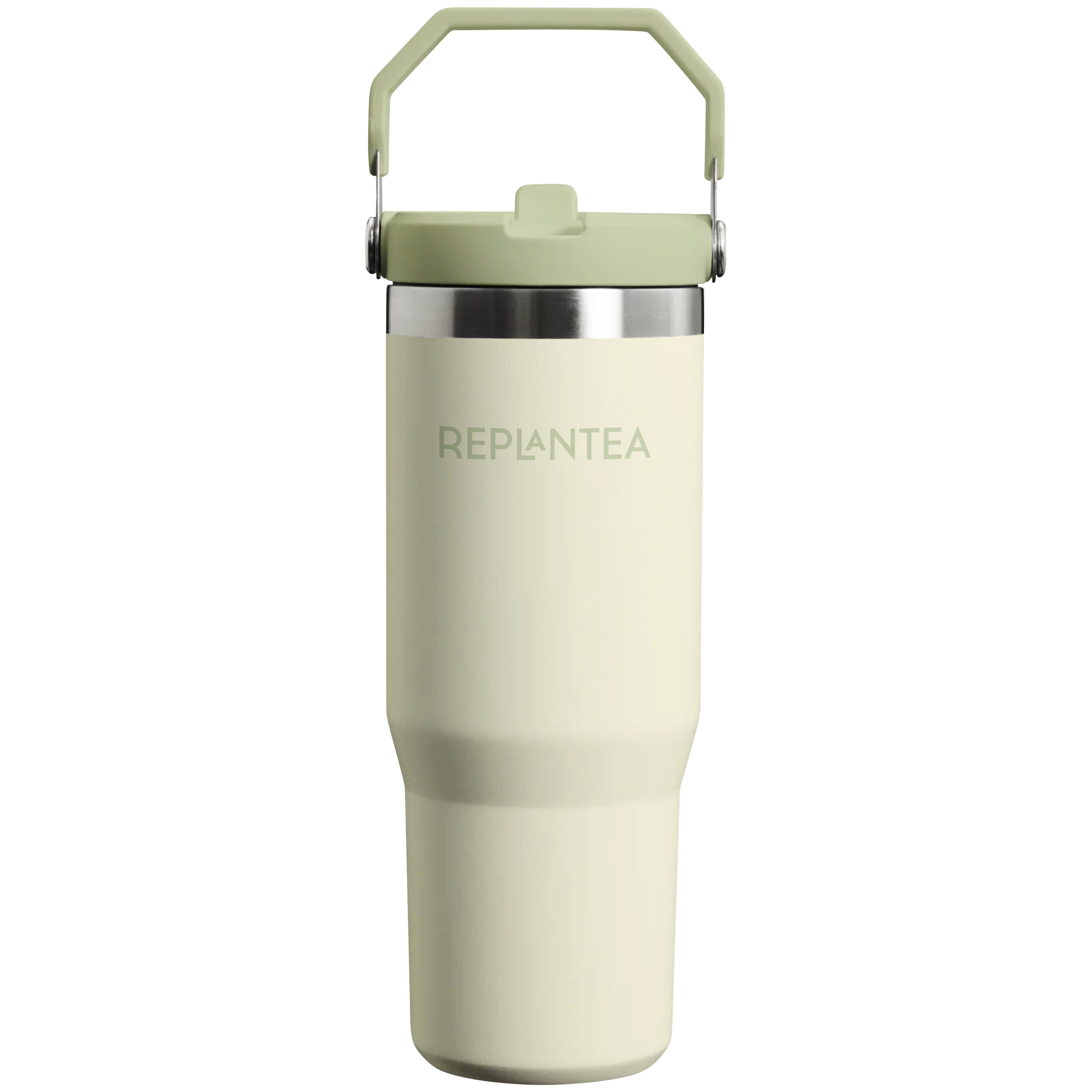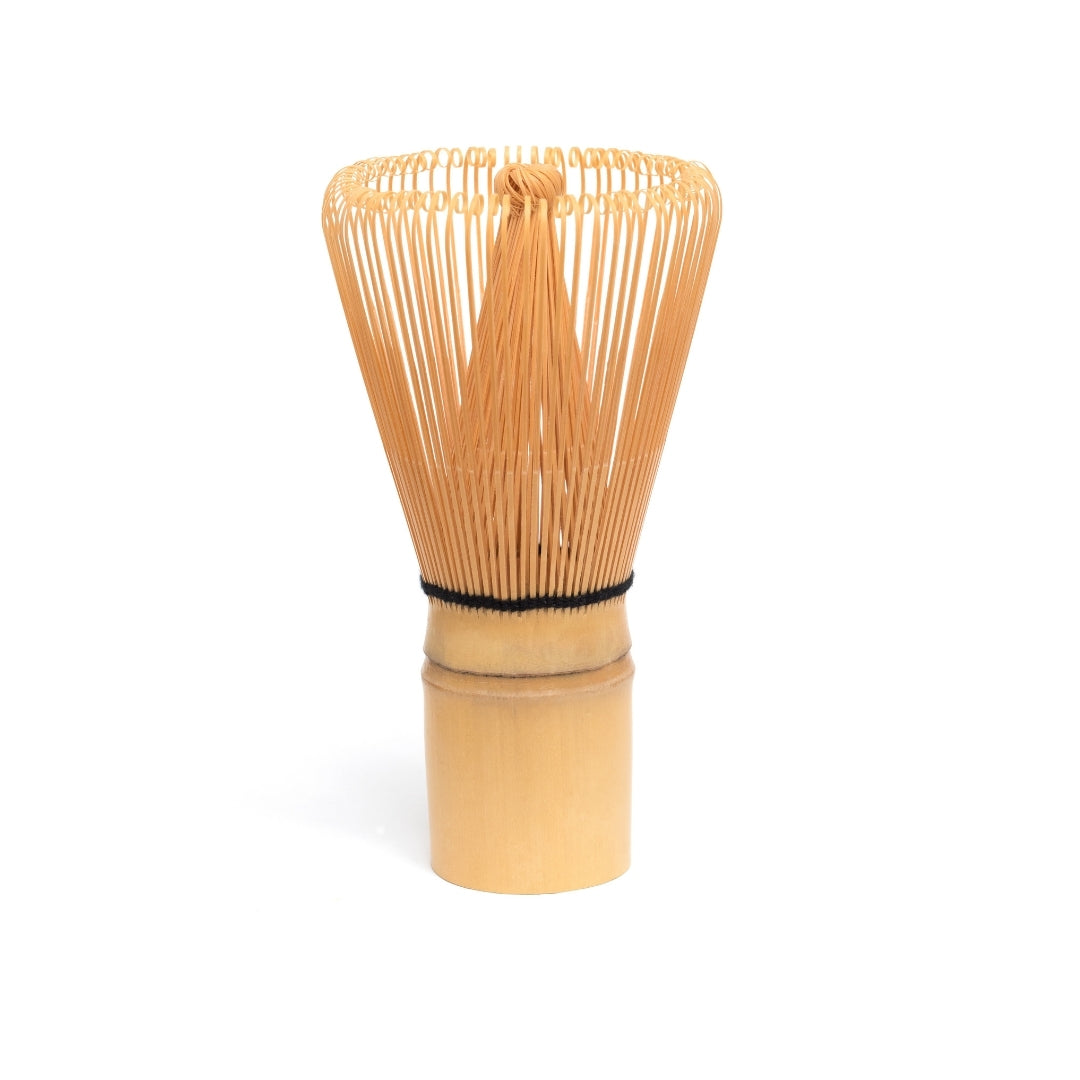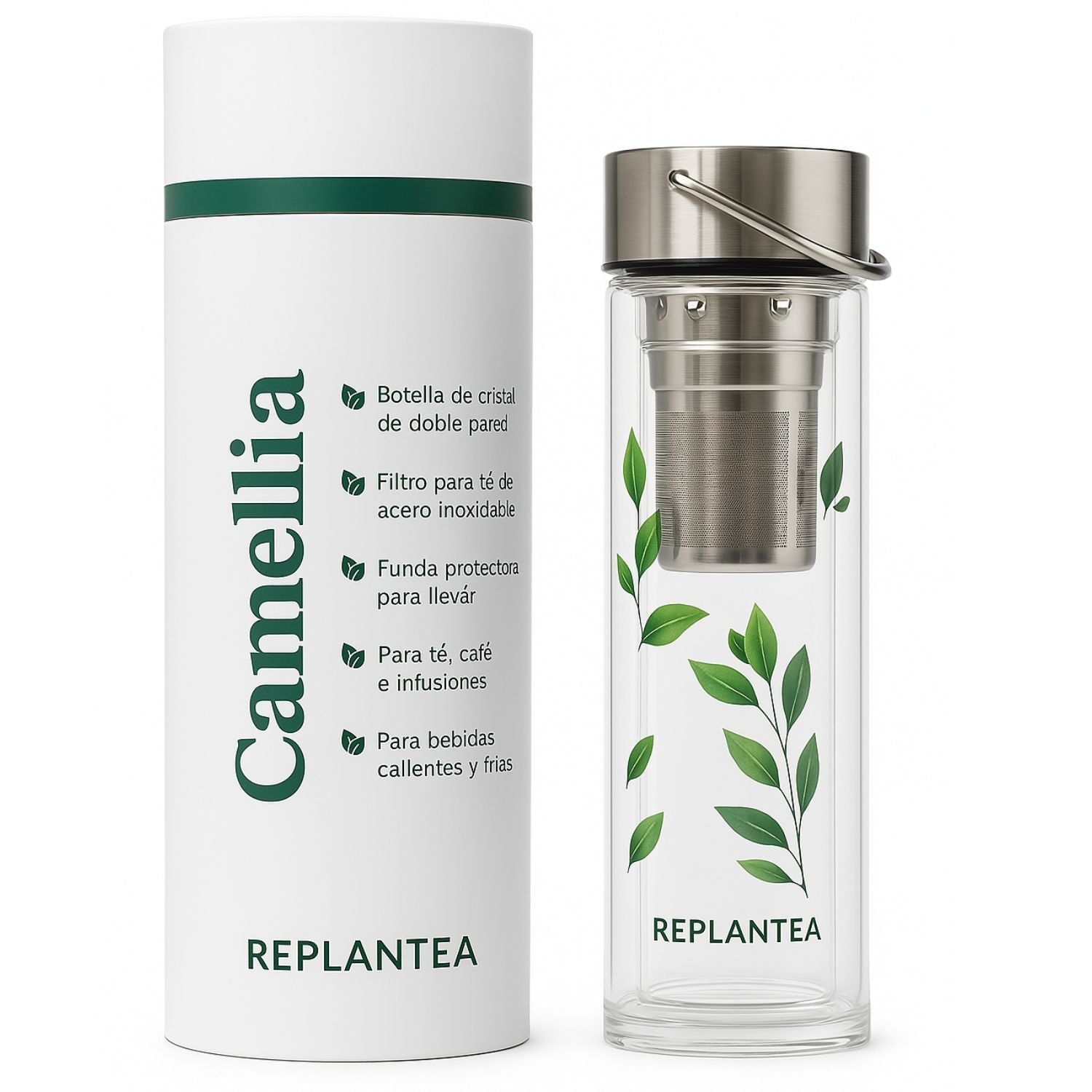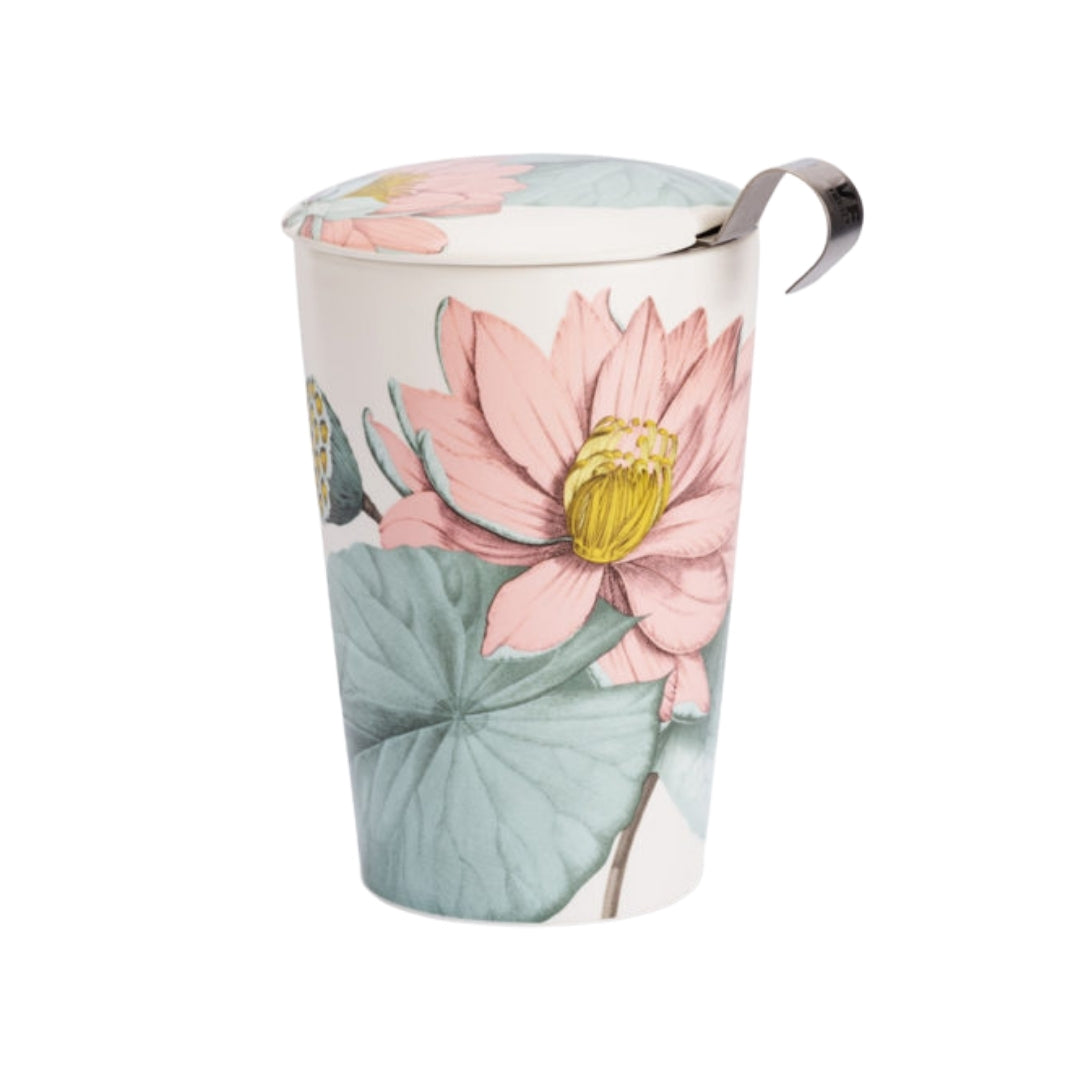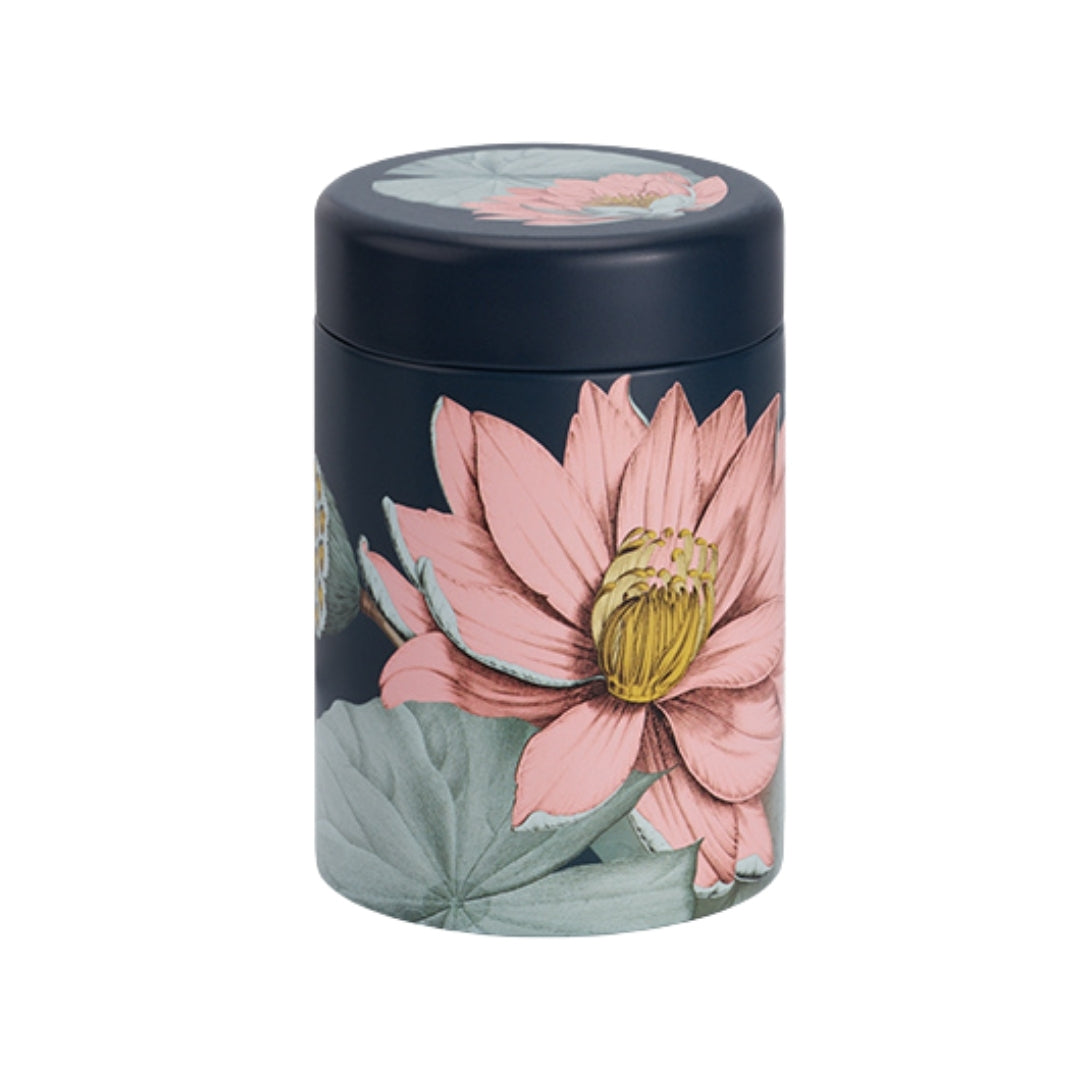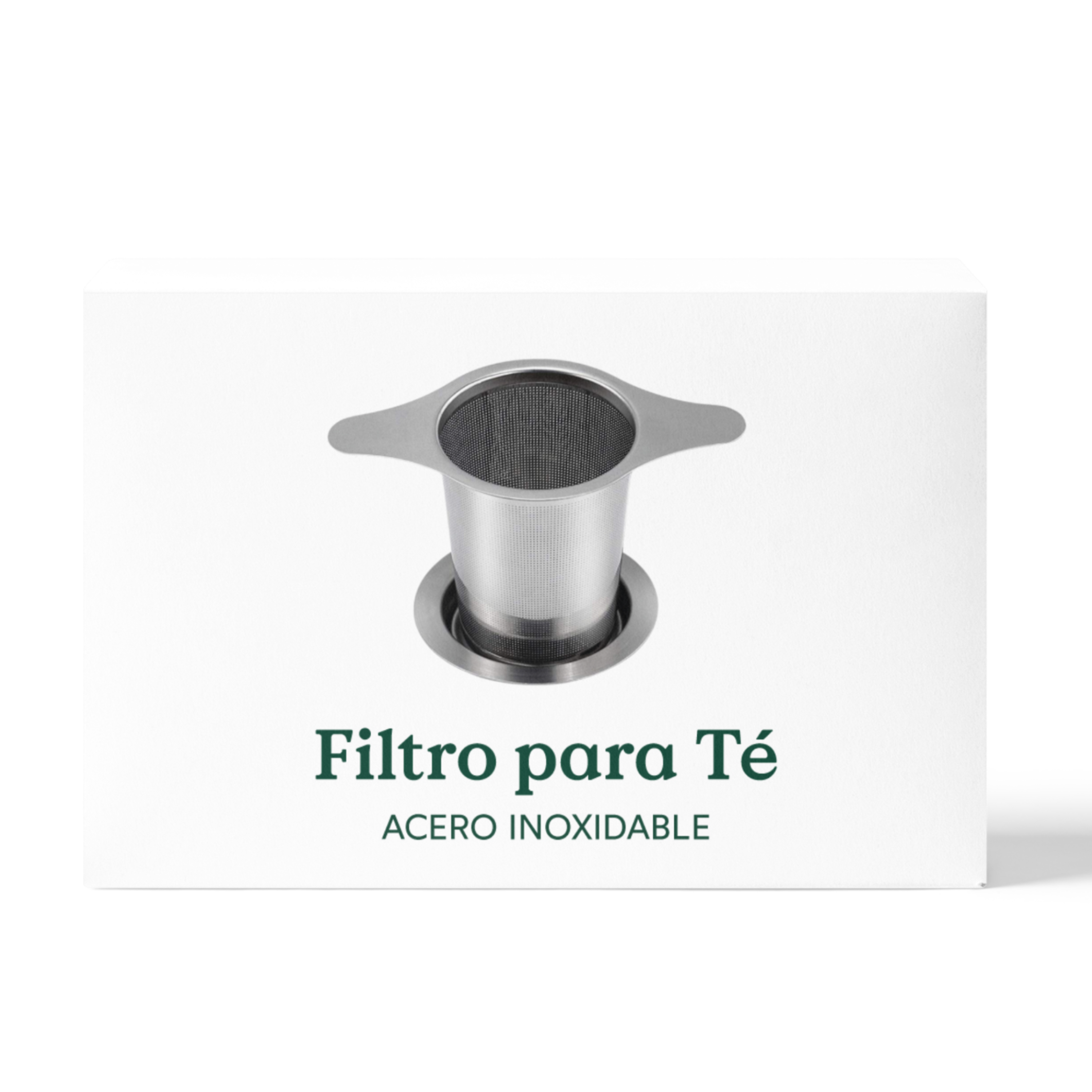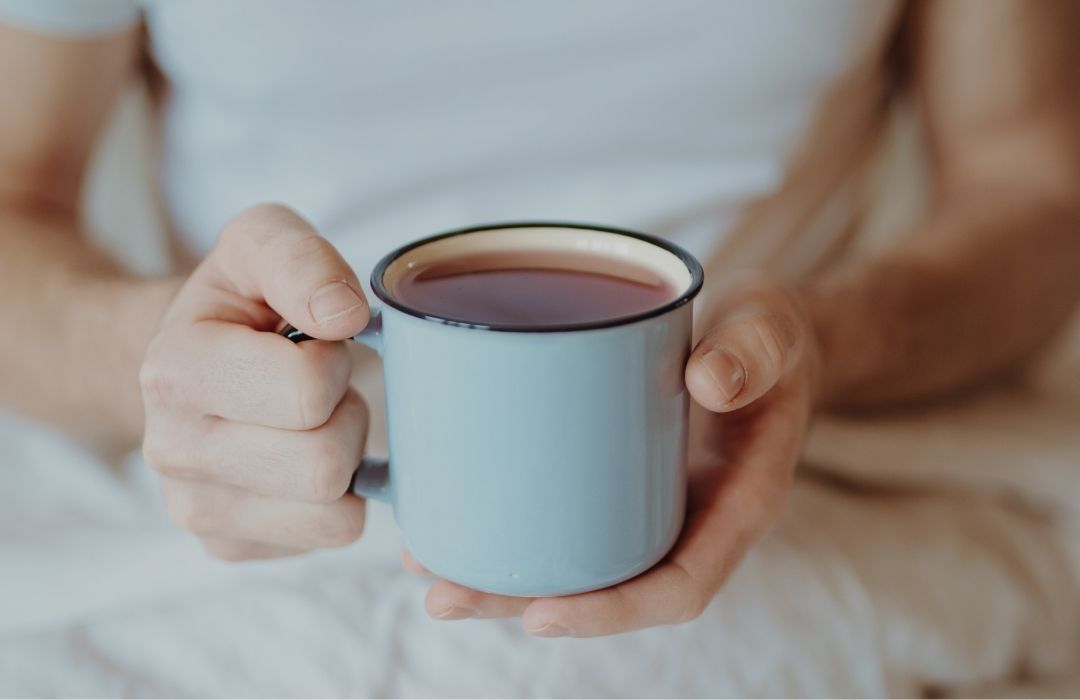
Drink Tea or Coffee to Start the Day with Energy?
Drinking coffee is a morning ritual for many people. It's a beloved energy drink that can help conquer even the toughest days. But there are many reasons why some people choose to replace coffee with tea. Some find coffee drinks too acidic for the stomach, while others feel tired and jittery after just one cup. Tea is a great alternative because it's formulated to provide a more subtle energy boost, but without the highs and lows .
Tea has great potential for health benefits . Different types of tea can prevent serious diseases such as heart disease and chronic illnesses, increase relaxation, and boost energy . Regular tea drinkers praise the uplifting effects of tea for good reason. Tea offers the pick-me-up you need without the side effects of a mid-day slump or feeling jittery. Read on to learn how you can substitute coffee for tea and learn about some of the highest-caffeine teas available.

How much theine does tea have?
When we talk about theine and caffeine, we're referring to the same component, as you can read in our article Coffee or Tea? Caffeine or Theine?.
The caffeine content of tea varies greatly depending on the type of tea . Other factors, such as where the tea is grown, how it is processed, and brewing techniques, can affect the caffeine levels in a given cup of tea. For reference, a cup of coffee contains 100 milligrams, although some strong roasts can have even higher amounts.
True teas, those made from the tea plant known as Camellia sinensis , contain varying levels of caffeine . In general, a cup of black tea contains the highest concentration of caffeine compared to other types of tea. There is one major exception: Matcha green tea . Black teas contain an average of 37 milligrams of caffeine per cup, while some matcha teas contain closer to 130 milligrams. Oolong and green teas contain around 31 milligrams of caffeine per cup, while pu-erh tea boasts 31 milligrams per cup. White tea is the least caffeinated of the teas, with only 27 milligrams per cup. South American yerba mate is a popular alternative to coffee. Yerba mate contains 59 mg of caffeine.
Why drink tea to have more energy?
It's easy to see that most teas have less caffeine than a cup of coffee. So why do so many people recommend replacing coffee with tea when looking to boost energy levels? Tea offers a smoother, more consistent energy boost than coffee. This means you can stay alert and focused without experiencing the downside of a subsequent crash.
In coffee, caffeine is released immediately , causing the euphoric feeling experienced almost immediately after consumption. In contrast, the theine in tea is released more slowly due to its chemical composition. Tea contains chemical compounds known as tannins, astringent polyphenols that give tea its sharp, crisp flavor. These tannins bind with amino acids and theine, providing a more even energy boost . The slow release of caffeine results in a longer-lasting energy boost that doesn't occur with the peaks and troughs associated with coffee.
In addition to a moderate amount of caffeine, tea also contains an amino acid known as L-theanine, which helps increase mental alertness . L-theanine is found only in tea and certain mushrooms. This rare amino acid reduces stress and improves mood by triggering chemical responses in the nervous system that produce a calming effect. L-theanine is powerful because it induces relaxation without sedating effects. This helps eliminate caffeine, which can make people feel nervous.

RELATED INFORMATION
How to choose the right tea for more energy?
There are two main factors when choosing the best high-caffeine tea. First, you need to decide how much caffeine you need . If you regularly drink four or more cups of coffee a day , switching to a moderately caffeine-rich oolong tea may not give you the energy you need. Instead, you can opt for matcha tea , which offers a high caffeine content, as well as high concentrations of the amino acid L-theanine, which can keep you focused for longer. You may not be able to completely give up coffee at first, but slowly switching to tea can be the first step.
Black tea and oolong tea are good options for more moderate coffee drinkers. They're still potent in terms of theine, but don't cause side effects like jitters and fatigue.
The second factor when choosing your tea is flavor. Many of the higher-caffeine teas have astringent qualities and strong, bold flavors. This is ideal for coffee drinkers who enjoy full-bodied flavors. Black teas are most closely associated with coffee in terms of caffeine content and flavor . High-caffeine black teas include Assam, Darjeeling , and Ceylon tea. A popular choice is British Earl Grey tea, a blend of full-bodied black teas with bergamot, which is often served with milk.
Oolong tea is similar to black tea in terms of its strong flavor . This is because it is semi-oxidized, allowing the leaves to develop deep flavors . Oolong tea is a favorite among Chinese people and can be brewed very strong for those who love bold flavors. Oolong teas can also be fruity and floral, with flavor profiles that form a middle ground between white and black tea.
A cup of green tea is the middle ground when it comes to a highly caffeinated tea with a milder flavor . Japanese green teas, such as Sencha and Genmaicha, have vegetal flavors that tend to be floral, toasty, and earthy. Green teas are also packed with healthy antioxidants , such as catechins and polyphenols, which offer health benefits ranging from lowering blood pressure to improving central nervous system function and aiding in weight loss.
In general, white tea is the most delicate, with sweet and floral flavors. It's also the lowest in caffeine. White tea is an ideal choice for people who are sensitive to caffeine or who want a gentle pick-me-up . It's a perfect tea to drink mid-afternoon, as it can give you a little energy boost to finish the day, without fear of it keeping you awake before bed.

RELATED INFORMATION
Better with loose tea
Tea bags are useful for convenience and for drinking tea on the go. On the other hand, loose leaf teas offer more health benefits and deliver the energy boost you crave more effectively . Loose leaf teas are typically higher quality than tea bags , as these contain broken leaves, dust, and debris that don't offer potent benefits. Loose leaf teas typically contain whole leaves and contain the antioxidants, tannins, and polyphenols that make tea ideal for starting your day.
We recommend using loose tea whenever possible. If you like to take your tea on the go, simply opt for a to-go mug with a built-in infuser instead of using green tea bags. Simply add the tea leaves to the infuser and fill with hot or boiling water.

RELATED INFORMATION
Face your day with more energy by drinking tea
Did you know that tea is the most consumed beverage in the world after water? Tea is a popular drink that can increase concentration and improve mental alertness. You can drink these caffeine-rich beverages year-round, whether you prefer iced tea or hot tea. The world of tea is almost endless with its thousands of varieties and different preparation methods. In addition to giving you the energy you need in your daily life, it also provides numerous health benefits.

Share

